Elena Lvovna Berezovich is a Russian linguist known for her work in onomastics, etymology, and ethnolinguistics. She is currently a professor at the Department of Russian Language and General Linguistics of the Ural Federal University (Yekaterinburg). Professor of the Russian Academy of Sciences (RAS), corresponding member of the RAS.
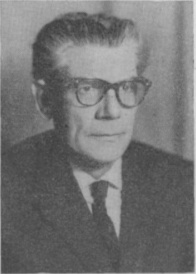 W
WFrance Bezlaj was a Slovenian linguist.
 W
WAleksander Brückner was a Polish scholar of Slavic languages and literatures (Slavistics), philologist, lexicographer and historian of literature. He is among the most notable Slavicists of the late 19th and early 20th centuries, and the first to prepare complete monographs on the history of Polish language and culture. He published more than 1,500 titles and discovered the oldest extant prose text in Polish.
 W
WJohn Anthony Ciardi was an American poet, translator, and etymologist. While primarily known as a poet, he also translated Dante's Divine Comedy, wrote several volumes of children's poetry, pursued etymology, contributed to the Saturday Review as a columnist and long-time poetry editor, and directed the Bread Loaf Writers' Conference in Vermont.
 W
WPaul Dickson is a freelance writer of more than 65 non-fiction books, mostly on American English language and popular culture. He has written many articles on a wide variety of subjects, including baseball and the military.
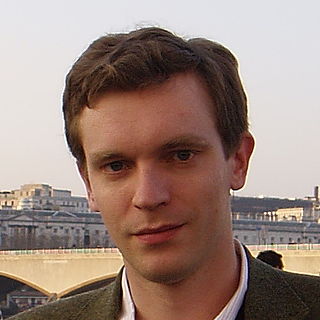 W
WMark Forsyth is a writer of entertaining non-fiction who came to prominence with a series of books concerning the meaning and etymology of English words.
 W
WHermann Güntert was a German linguist who specialized in Germanic and Indo-European linguistics.
 W
WIsidore of Seville was a Spanish scholar and cleric. For over three decades, he was Archbishop of Seville. He is widely regarded, in the words of 19th-century historian Montalembert, as "the last scholar of the ancient world".
 W
WRev John Jamieson was a Scottish minister of religion, lexicographer, philologist and antiquary. His most important work is the Dictionary of the Scottish Language.
 W
WFriedrich Kluge was a German philologist and educator. He is known for the Kluge etymological dictionary of the German language, which was first published in 1883.
 W
WHans Kuhn was a German philologist who specialized in Germanic studies. He was Professor of Nordic philology at the University of Kiel.
 W
WJames McDonald is a British polymath: mathematician, etymologist, historian, theologian and non-fiction writer.
 W
WPavle Merkù was an Italian-Slovene composer, ethnomusicologist, Slovene specialist, and etymologist.
 W
WAbilbek Nurmagambetov was a Soviet and Kazakh linguist-etymologist.
 W
WPatricia T. O’Conner is the author of five books about the English language. A former editor at The New York Times Book Review, she appears monthly on WNYC as the "word maven" for The Leonard Lopate Show. She has written extensively for The New York Times, including On Language columns, book reviews, and articles for the op-ed page and the Week in Review section.
 W
WCharles Talbut Onions was an English grammarian and lexicographer and the fourth editor of the Oxford English Dictionary.
 W
WLawrence Paros is an author and high school teacher, best known for his work in alternative education.
 W
WEric Honeywood Partridge was a New Zealand–British lexicographer of the English language, particularly of its slang. His writing career was interrupted only by his service in the Army Education Corps and the RAF correspondence department during World War II.
 W
WRajko Perušek was a Slovene writer, translator, linguist and bibliographer.
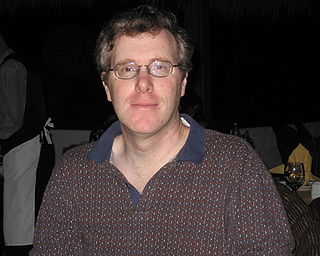 W
WBarry Popik is an American etymologist who is recognized as an expert on the origins of the terms "Big Apple", "Windy City", and "hot dog". He is a consulting editor of the Oxford Encyclopedia of Food and Drink in America and was described in The Wall Street Journal as "the restless genius of American etymology".
 W
WMichael Quinion is a British etymologist and writer. He ran World Wide Words, a website devoted to linguistics. He graduated from Peterhouse, Cambridge, where he studied physical sciences and after which he joined BBC radio as a studio manager.
 W
WWilliam Lewis Safir, better known as William Safire, was an American author, columnist, journalist, and presidential speechwriter. He was a long-time syndicated political columnist for The New York Times and wrote the "On Language" column in The New York Times Magazine about popular etymology, new or unusual usages, and other language-related topics.
 W
WMoritz Schönfeld was a Dutch linguist who specialized in Germanic linguistics. Mortiz Schönfeld was the author of several reference works on Germanic names and Dutch etymology which have been highly influential and are still in use today.
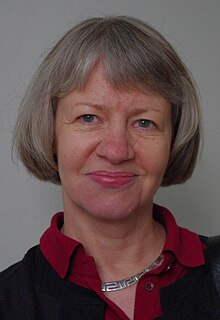 W
WNicoline van der Sijs is a Dutch linguist and etymologist who is Professor of Historical Dutch Linguistics at Radboud University Nijmegen.
 W
WWalter William Skeat, FBA was the pre-eminent British philologist of his time. He was instrumental in developing the English language as a higher education subject in the United Kingdom.
 W
WMarko Snoj is an Indo-Europeanist, Slavist, Albanologist, lexicographer, and etymologist employed at the Fran Ramovš Institute for Slovene Language of the Scientific Research Center of the Slovenian Academy of Sciences and Arts in Ljubljana, Slovenia. He served as director of the institute from 2008 to 2018. He has made numerous scholarly contributions to Indo-European linguistics, particularly in the realms of Slovene and Albanian, and is noted for his work in advancing Slavic etymology in both scholarly and popular domains. He is an associate member of the Slovenian Academy of Sciences and Arts.
 W
WMax Julius Friedrich Vasmer was a Russo-German linguist. He studied problems of etymology in Indo-European, Finno-Ugric and Turkic languages and worked on the history of Slavic, Baltic, Iranian, and Finno-Ugric peoples.
 W
WFrancis "Frank" Horace Vizetelly was an English-American lexicographer, etymologist, and editor.
 W
WHensleigh Wedgwood was a British etymologist, philologist and barrister, author of A Dictionary of English Etymology. He was a cousin of Charles Darwin, whom his sister Emma married in 1839.
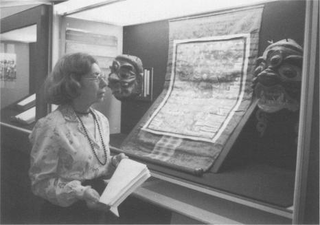 W
WDr Marianne Winder was a British specialist in Middle High German and a librarian at the Institute of Germanic Studies at the University of London. She later was associated for more than thirty years with the Wellcome Library of the Wellcome Institute for the History of Medicine where she was successively Assistant Librarian (1963-1970), Curator of Eastern Printed Manuscripts and Books (1970-1978) and finally, after having retired, a Tibetan Medical Consultant (1978-2001).
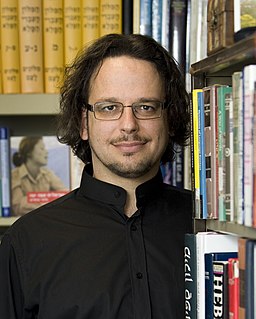 W
WGhil'ad Zuckermann is an Israeli-born language revivalist and linguist who works in contact linguistics, lexicology and the study of language, culture and identity. Zuckermann is Professor of Linguistics and Chair of Endangered Languages at the University of Adelaide, Australia. He is the president of the Australian Association for Jewish Studies.